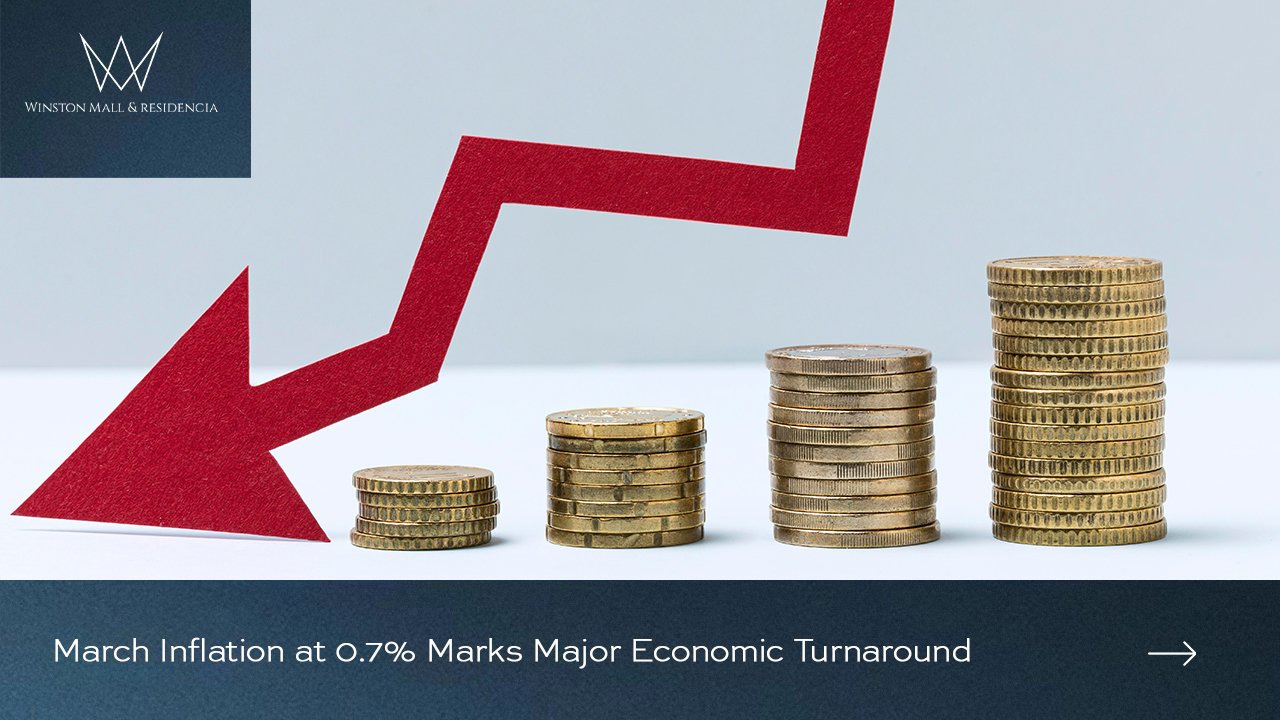ISLAMABAD, PAKISTAN – As the newly elected government prepares to negotiate a long-term economic plan with the International Monetary Fund (IMF), the global lender has proposed a significant tax hike on petroleum products. According to IMF projections, imposing an 18% General Sales Tax (GST) on items like petrol could generate around Rs. 1,300 billion in revenue, equivalent to 1.3% of Pakistan’s Gross Domestic Product (GDP).
The proposal comes at a time when Pakistanis are already grappling with soaring inflation, which reached 28.3% in January. Petrol prices have skyrocketed, with the current rate standing at Rs. 279.75 per liter after a recent increase of Rs. 4.13. On top of that, consumers are paying a petroleum levy of Rs. 60 per liter.
Critics argue that the IMF’s proposed tax hike could further burden the masses, who are already struggling to make ends meet due to the high cost of living. Experts warn that higher petrol prices could have a cascading effect on transportation costs, making it even more difficult for families to afford essential goods and services.
Pakistan’s economy heavily relies on imported oil, which accounts for approximately 85% of the country’s oil consumption. As such, any fluctuations in global oil prices can have a significant impact on the nation’s finances.
While the IMF agreement aims to stabilize the economy and address structural issues, the potential consequences of the proposed tax increase have raised concerns among various stakeholders. Businesses dependent on fuel could face increased operational costs, potentially leading to job losses and hindering economic growth.
As negotiations between the government and the IMF progress, all eyes will be on the measures adopted to strike a balance between fiscal reforms and the well-being of the Pakistani people.
Winston Mall: please contact +92-314-5166334 or visit https://winstonmall.com/




